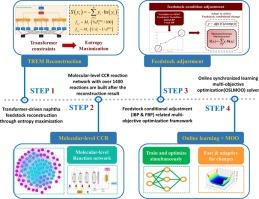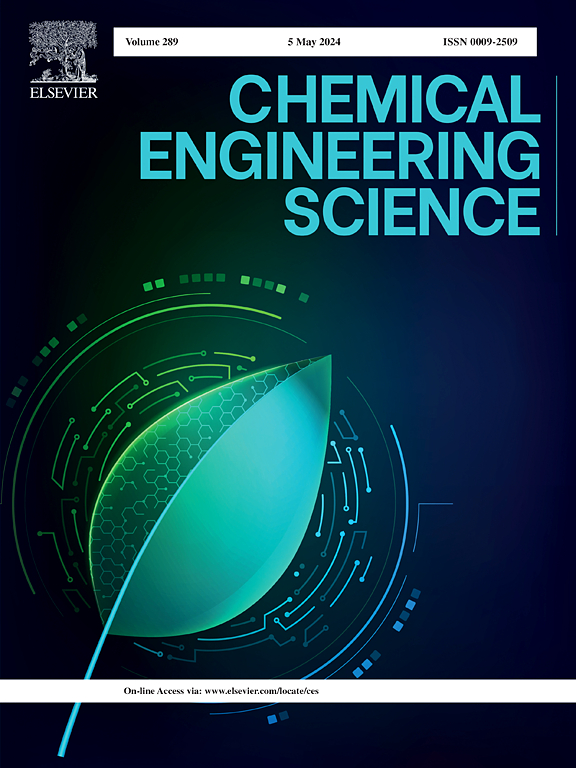Molecular Management in Continuous Catalytic Reforming Operations by Enhanced Aromatics Production through Transformer-Driven Entropy Maximization Reconstruction
IF 4.1
2区 工程技术
Q2 ENGINEERING, CHEMICAL
引用次数: 0
Abstract
Catalytic Reforming (CCR) units are pivotal in refining industries for hydrogen and aromatics production. Traditional CCR optimization, focusing on operational conditions and lumping kinetics, fails to capture molecular interactions and feedstock variability, leading to inefficiencies. This research introduces a CCR optimization framework leveraging molecular reconstruction adaptable to minor feedstock changes. We propose the Transformer-driven Entropy Maximization (TREM) method, integrating historical data to improve naphtha composition accuracy. A molecular-level CCR kinetic model is then developed, linked to the TREM method, within a multi-objective optimization (MOO) framework for enhanced production adaptability. Furthermore, we introduce the Online Synchronized Learning Multi-Objective Optimization (OSLMOO) method, applying online learning to a meta-heuristic algorithm, reducing computational complexity and enhancing adaptability to property and market fluctuations. These methods collectively enhance the efficiency and profitability of CCR operations by overcoming the limitations of traditional optimization approaches.

求助全文
约1分钟内获得全文
求助全文
来源期刊

Chemical Engineering Science
工程技术-工程:化工
CiteScore
7.50
自引率
8.50%
发文量
1025
审稿时长
50 days
期刊介绍:
Chemical engineering enables the transformation of natural resources and energy into useful products for society. It draws on and applies natural sciences, mathematics and economics, and has developed fundamental engineering science that underpins the discipline.
Chemical Engineering Science (CES) has been publishing papers on the fundamentals of chemical engineering since 1951. CES is the platform where the most significant advances in the discipline have ever since been published. Chemical Engineering Science has accompanied and sustained chemical engineering through its development into the vibrant and broad scientific discipline it is today.
 求助内容:
求助内容: 应助结果提醒方式:
应助结果提醒方式:


